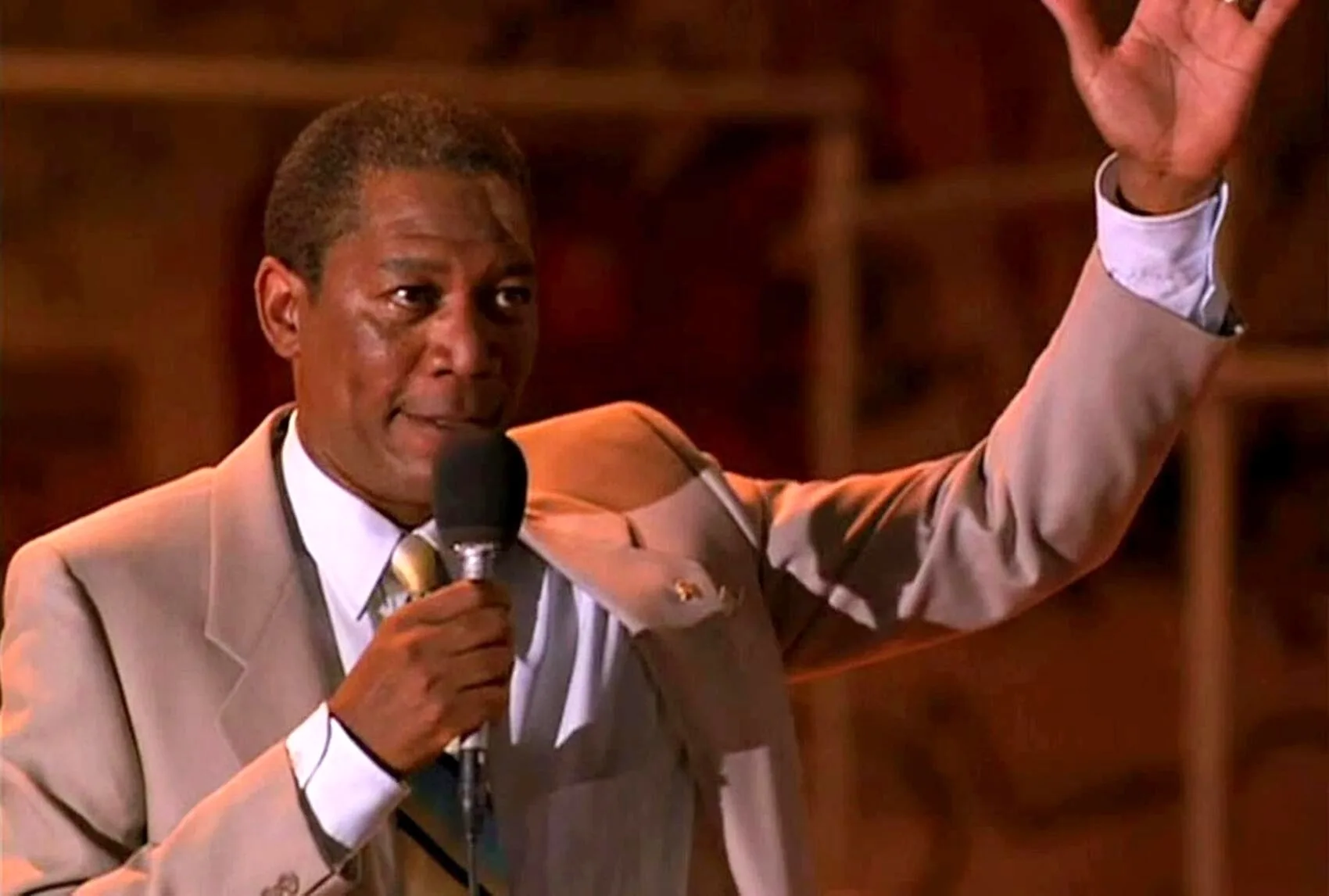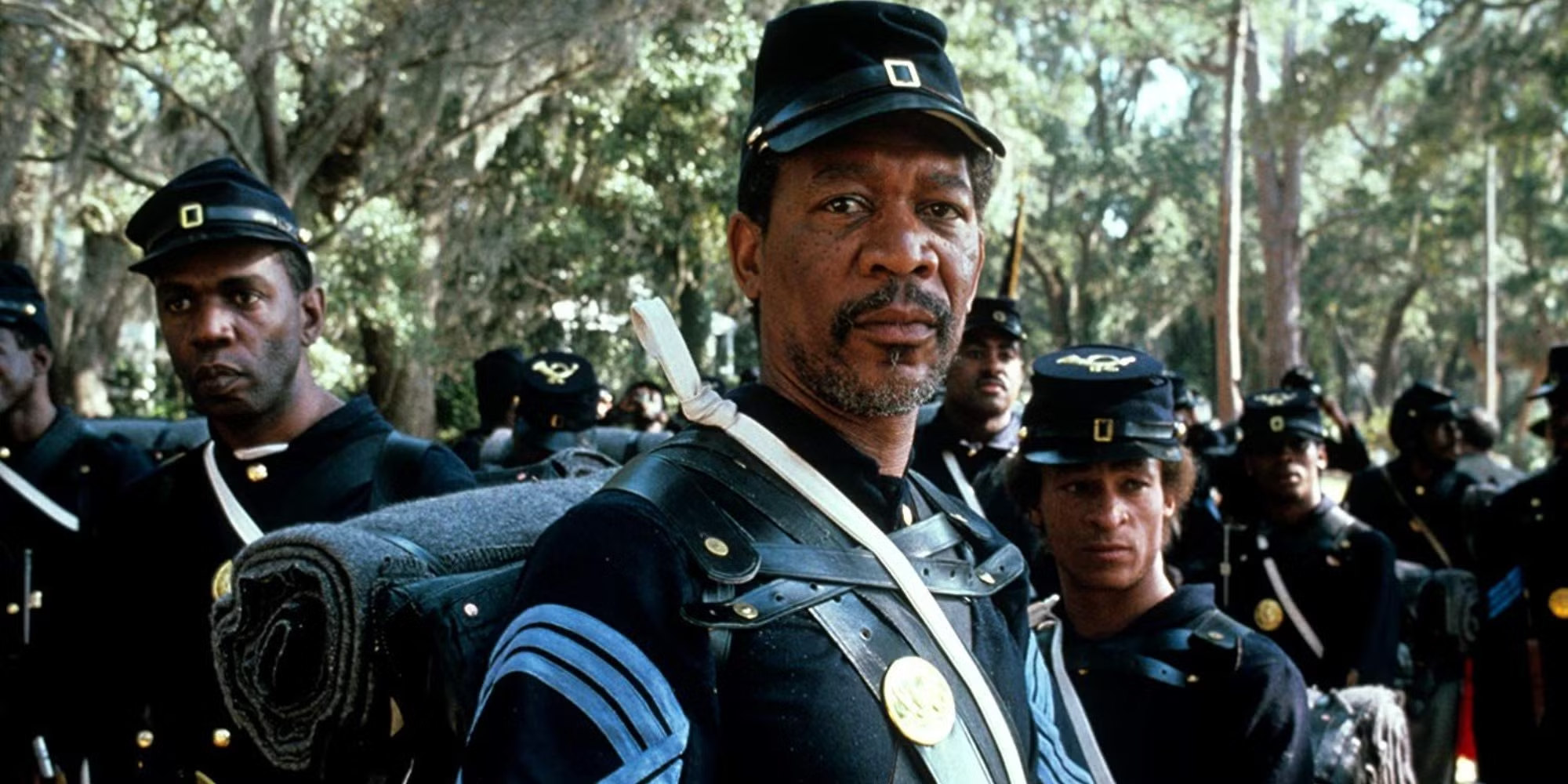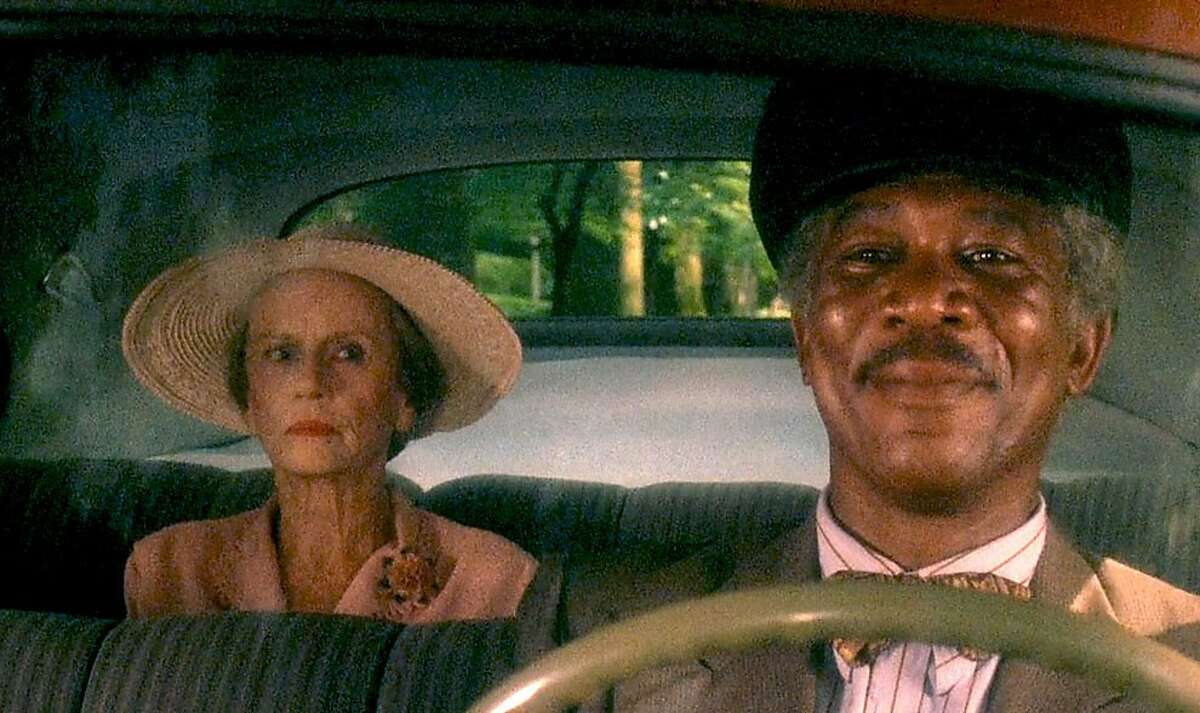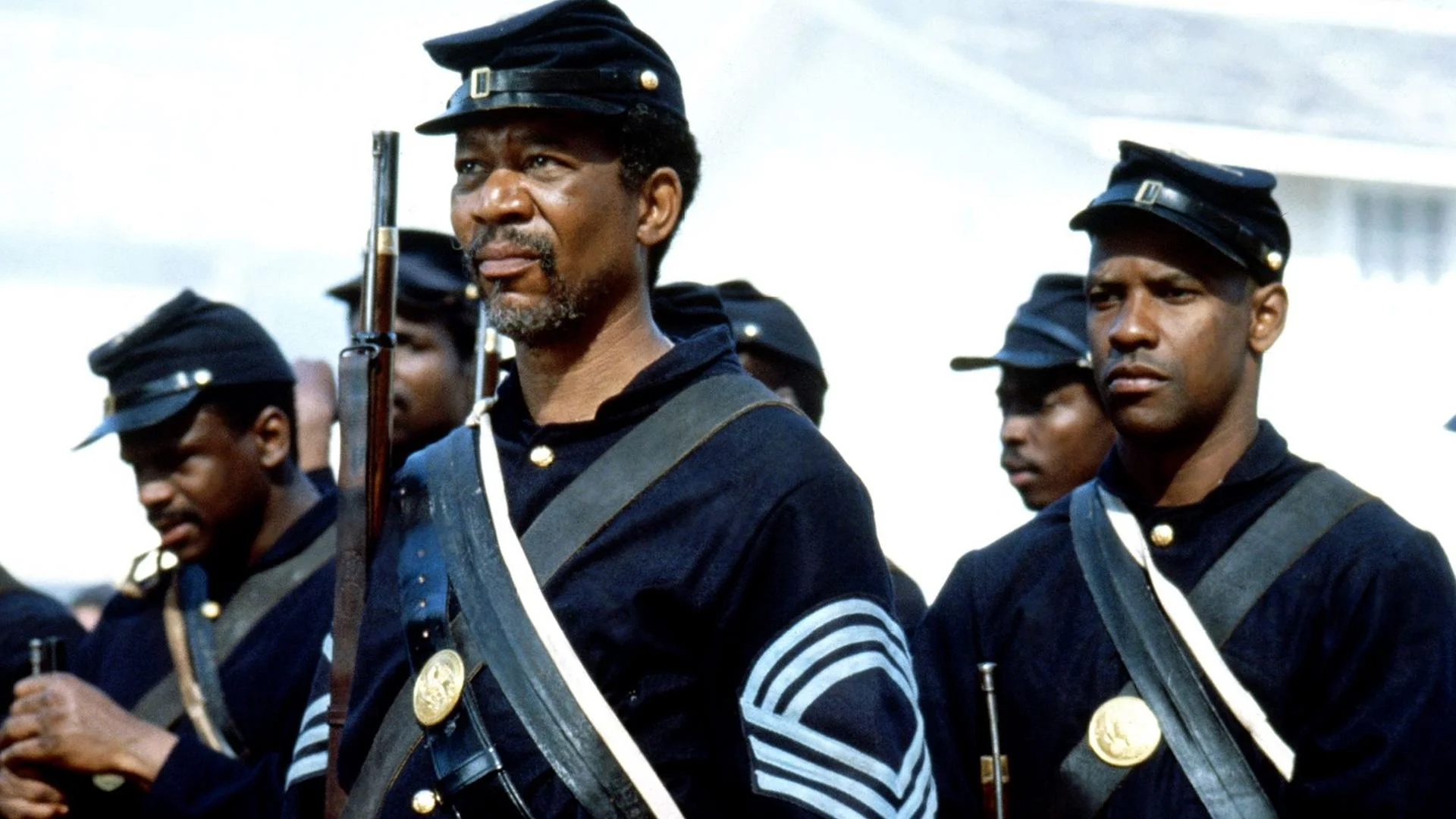For those of us old enough to have been there to experience it firsthand, 1989 was a pretty glorious year for film.
A great number of filmmakers were experiencing a creative renaissance in the late-1980s; thankfully, at that time, Hollywood studios were more apt to give many of them the greenlight to make their passion projects. That wise investment yielded a treasure trove of modern-day cinematic classics that continue to strike a chord.
Tim Burton gave the world his bold take on the Caped Crusader in “Batman,” starring Michael Keaton & Jack Nicholson. Oliver Stone made the second installment of his long-gestating Vietnam War-era film trilogy with “Born on the Fourth of July,” starring Tom Cruise, in an Oscar-nominated performance, as real-life war veteran turned anti-war activist Ron Kovic.
Spike Lee’s “Do the Right Thing” cast a visceral, (still) deeply relevant spotlight on the state of race relations in the United States through the perceptive lens of mostly-Black citizens in the Brooklyn, New York neighborhood of Bedford-Stuyvesant, which unfolds on the hottest day of the year.
Other examples include: Woody Allen’s “Crimes and Misdemeanors,” Peter Weir’s “Dead Poets Society,” Jim Sheridan’s “My Left Foot,” Steven Soderbergh’s “sex, lies, and videotape,” and Rob Reiner’s “When Harry Met Sally…,” just to name a few.
It was also the year Morgan Freeman solidified his big screen clout, and became a bona fide movie star, thanks to his acclaimed work in a trifecta of now-classic films: John G. Avildsen’s “Lean on Me,” Edward Zwick’s “Glory” & Bruce Beresford’s “Driving Miss Daisy.” The latter two would figure prominently in that year’s Oscar race, earning a total 14 nominations, winning seven between them.
Until the late-1980s, Freeman had been a journeyman actor for a quarter of a century before movie stardom beckoned.
Initially, in the mid-1960s, he got his start as a dancer, then segued into acting, when he quickly realized that the latter was his preferred creative endeavor.
Freeman’s time as a cast member on the PBS children’s educational series, “The Electric Company,” in the early-to-mid-1970s, garnering Freeman his first taste of fame.
He also did theatre in New York for years, earning three Obie Awards for his work Off-Broadway (including one for creating the role of ‘Hoke Colburn’ in Alfred Uhry’s Pulitzer Prize-winning one-act play, “Driving Miss Daisy,” in 1987) and a 1979 Tony nomination (for Richard Wesley’s “The Mighty Gents”), along the way.
After playing a series of featured roles in film and television, Freeman scored his first Oscar nomination for his riveting performance as Fast Black, a charming, yet utterly ruthless pimp attempting to skate on murder charges, in Jerry Schatzberg’s “Street Smart,” opposite Christopher Reeve & Kathy Baker. Freeman has gone on the record as saying he considers Fast Black his big screen breakthrough & his favorite film role.

Two years after his breakthrough in “Street Smart,” Freeman found himself No. 1 on the call sheet starring in “Lean On Me,” a big screen biopic about Joe Clark, a real-life high school principal in Paterson, New Jersey, who goes to increasingly unconventional lengths to save a failing school that’s in danger of being taken over by the state unless the entire student body improve their test scores on the state’s Minimum Basic Skills Test. Clark gamely takes on the establishment, becoming a folk hero and a controversial media sensation in the process.
Freeman knew he had a primo role on his hands and more than rises to the occasion, embodying the role with such gusto and charisma, you can’t take your eyes off of him. In short, he is the movie. What could have been a well-meaning, well-acted after-school special is elevated by Freeman’s tour-de-force star turn.
Not one to rest on his laurels, or to pass up a great part in an important project, Freeman segued into a prominent supporting role in director Edward Zwick’s “Glory,” a historical account of the formation and enduring legacy of the 54th Massachusetts Infantry Regiment, one of the Union Army’s first Black volunteer regiments, during the Civil War.

The film depicts the regiment’s bravery and heroism in the lead up to their involvement in the Second Battle of Fort Wagner in South Carolina. In the film, Freeman plays John Rawlins, an elder recruit whose leadership skills so impress his decades-younger commanding officer Colonel Robert Gould Shaw (Matthew Broderick), that Shaw eventually promotes Rawlins to the rank of Sergeant-Major.
“Glory” was nominated for five Academy Awards, winning three statuettes, including Best Supporting Actor for Freeman’s co-star, Denzel Washington, playing Trip, a fellow recruit. It’s widely considered to be one of the best Civil War-era films ever made. The film is so highly regarded, that it’s been used as an educational tool for students.
Freeman capped off 1989 by starring in the film adaptation of “Driving Miss Daisy,” opposite Jessica Tandy & Dan Aykroyd, which became one of 1989’s highest-grossing films.

Freeman recreates his award-winning stage role of Hoke Colburn, a Black chauffeur, who goes to work for a wealthy, elderly Jewish widow (Tandy) in Atlanta after being hired by her businessman son (Aykroyd) in the Jim Crow-era South, circa 1948.
At its core, “Driving Miss Daisy” is an unconventional love story about two people who are seemingly polar opposites. They slowly, but surely, find common ground over the course of their decades-long relationship as Jim Crow gives way to the rise of the Civil Rights Movement.
The film was nominated for 9 Academy Awards, winning Best Picture, Best Actress for Jessica Tandy, Best Adapted Screenplay for Alfred Uhry (who adapted his own play for the screen), and Best Makeup. Morgan Freeman received his second Oscar nomination (his first in the Best Actor category) & Dan Aykroyd was nominated for Best Supporting Actor.
Thanks to cable, physical media, the internet, and the advent of streaming services, cinephiles of all ages can now venture down the rabbit hole and unearth all of these great films from the late ’80s.











